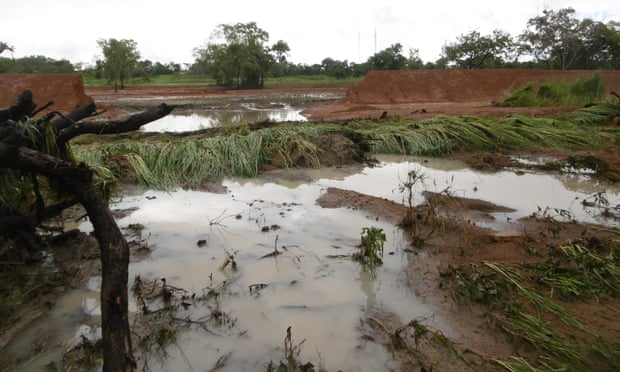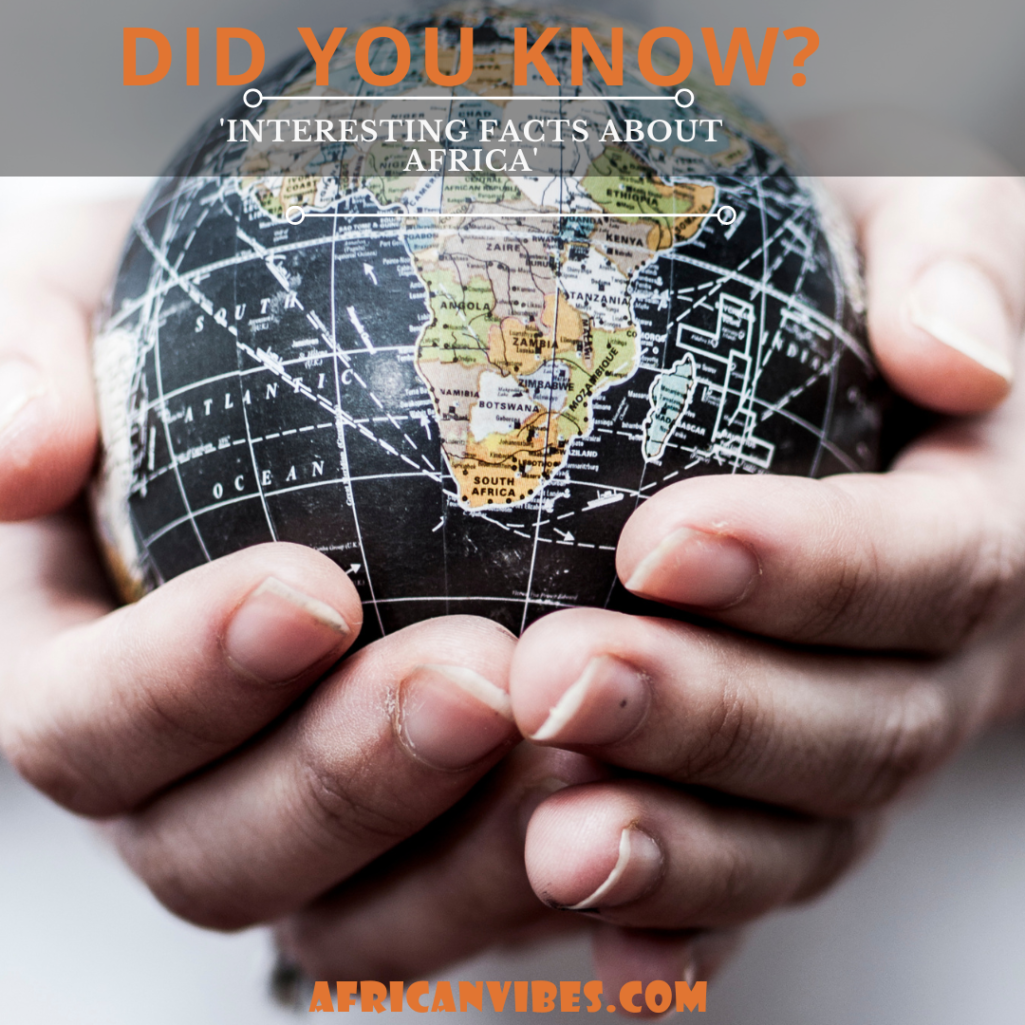African Villagers Stand Up Against Pollution By Western Companies: The Case Of Chad And Other African Communities

Southern Chad villagers will confront representatives from a British mining giant Glencore. This is following the UK government’s acceptance of their complaint about the violation of their human rights by the company. The villagers claim that the Nya Pende River which is the primary water source has been poisoned by the mining company. In the first incident that occurred in September 2018, 15 people from the village had burns when a wastewater basin the size of 34 Olympic-sized pools collapsed. The wastewater flowed across the village, contaminating the farmlands before running into the Nya Pende River.

Some weeks after the first incident, six witnesses including a traditional ruler from the village claimed to have seen an oil feeder pipe owned by Glencore leak oil a few meters away from the river. Delphine Dijiraibe who is a lawyer with the Public Interest Law Center (PILC) in N’Djamena, Chad, says that the villagers who are mostly farmers complained that nothing was the same after this.
There were reported cases of stomach pain and vomiting after drinking the water. Also, those who bathe with it developed skin lesions and pustules. All of these were said to occur few weeks after both incidents. Furthermore, according to Dijiraibe fishes were floating on the river surface which was covered with oil. Those who ate the fishes from the river became ill with symptoms like itching, nausea, and diarrhea.
Another Badila wastewater spill
Another wastewater spill incident occurred on the 21st of July 2020, worsening the already deplorable living condition of the villagers. According to the reports by locals and contractors, up to 64 cubic meters of wastewater flowed into Malom village flooding farmlands, houses, and contaminating wells. However, Glencore refuted these claims, saying that it was only 3 to 4 cubic meters of wastewater that spilled. This was following an accident at the Badila oilfield.
Hope at Last
Rights and Accountability Group (RAID) a pro-environmental and human rights group based in London, together with PILC and Association des Jeunes Tchadians de la Zone Petroliere (AJTZP) filed a 49-page complaint against Glencore. The complaint states that the actions of the British Company were contrary to the guidelines set forth by the Organization for Economic Co-operation and Development (OECD).

Several attempts to contact Glencore failed. However, hope finally came when the UK National Contact Point for the OECD guidelines stepped in to advocate for mediation. The UK NCP published their decision on the 22nd January 2021, acknowledging the demands of the Villagers for an investigation into the 2018 wastewater spill. Glencore UK accepted the decision of the UK NCP. However, they said that it wasn’t a finding against the company nor proof that they had acted against OECD guidelines.
More Wins for African Communities
The case of Southern Chad villagers against Glencore is the latest in a series of small wins against Western companies across Africa. More than 2,500 Zambian villagers were settled by the UK copper Mining firm Vedanta Resources Limited in 2019. Vedanta Resources Limited is the parent company of Konkola Copper Mines PLC, the largest private company in Zambia. Leigh Day an English law firm representing the Zambian villagers brought a claim against Konkola Copper Mines to the UK.

According to the claim, toxic discharge from the mine had polluted farmlands and water in four villages. Thus, causing health problems and affecting the livelihood of the villagers.
Also, Shell Petroleum Development Company (SPDC) is on hot water for similar pollution in Nigeria. The subsidiary of Royal Dutch Shell was asked to compensate farmers in the Niger Delta region of Nigeria. This happened when an Appeal court in the Hague ruled against the oil giant. The court says that they were responsible for polluting the water and farmlands in the region. Four out of the six lawsuit claims brought against SPDC were ruled in favor of the plaintiff. However, two others were postponed.
Conclusion
For the Chadians who have suffered from the activities of Glencore, this mediation is an opportunity for them to be heard. Hopefully, they will get the right compensation. An investigation of these claims as directed by the UK NCP will shed more light on the health and environmental impacts of the pollution. Also, it will determine if Glencore truly adhered to the guidelines of the OECD.







Responses